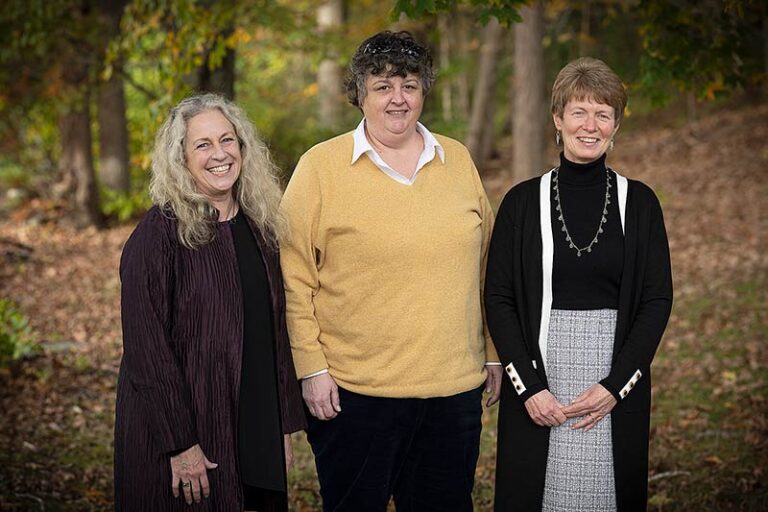Last week, Alex Morris-Wood, Head of School, and I had the privilege of representing Franklin Academy at the National Association for College Admission Counseling’s Annual Conference in Los Angeles. The event provided an exciting opportunity to connect with like-minded professionals, explore new tools to support our students, and network with colleges from across the country. One of the highlights for us was co-presenting on Executive Function and the College Admission Experience alongside our colleague, Jill Corbin, an Independent Educational Consultant from Denver. The response to our session was overwhelming—our presentation was “standing room only,” with over 200 professionals eager to learn how to better guide neurodivergent students through the college admissions process.
Reflecting on our session on Executive Function and the College Admissions Experience, I feel deeply gratified by the conversations and insights we shared regarding how neurodivergent students navigate this critical phase of their lives. It’s clear that the college admissions process, which is complex and stressful for any student, presents unique challenges for those with executive functioning difficulties. Throughout the session, we focused on what executive function really entails—those essential skills that help students plan, manage tasks, adapt to change, and regulate emotions.
One of the points Alex emphasized was the importance of understanding how a student’s environment—be it their educational history, family dynamics, or access to resources—shapes their executive functioning. We wanted the attendees to appreciate how these factors influence not just a student’s ability to complete applications but also their perception of their academic potential and goals. Too often, neurodivergent students either set overly ambitious goals or struggle with the emotional rollercoaster that comes with college decisions, particularly rejections or long waiting periods.
What I found particularly rewarding was the opportunity to share practical strategies that can help educators and families better support these students. From using academic tracking sheets and executive skills questionnaires to help students manage tasks, to encouraging emotional control techniques like mindfulness and positive self-talk, we explored various ways to reduce stress and foster a sense of agency. The tools we shared, such as checklists, project planners, and timelines, offer structured ways to help students stay organized and focused throughout the admissions process.
It’s clear to me that one of the most powerful ways we can assist neurodivergent students is by guiding them not just in meeting deadlines, but in developing the executive functioning and emotional resilience they need to succeed. This session was a reminder of the importance of creating individualized support systems that acknowledge each student’s unique challenges and strengths, like we do here at Franklin. I left the session feeling inspired, knowing that by providing the right tools and encouragement, we can empower students to navigate the college admissions process—and life—with greater confidence and success.




